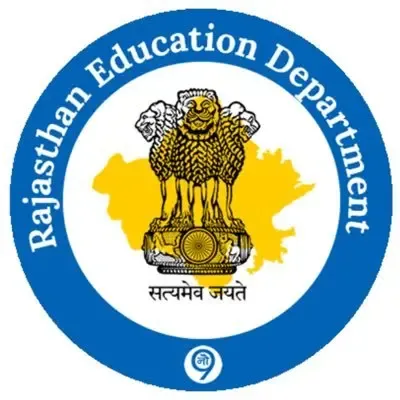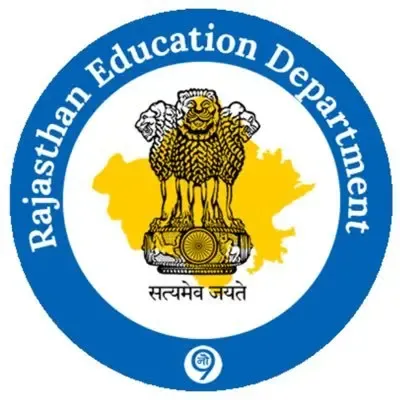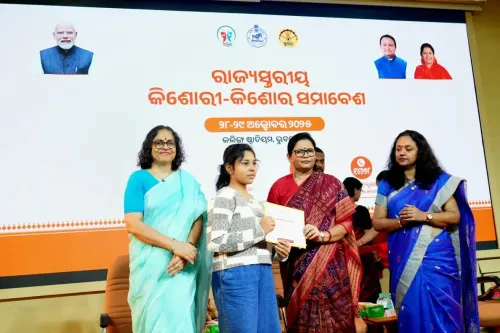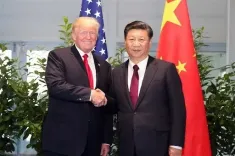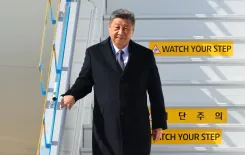Is DMK's 'Census and Delimitation Drama' a Distraction?
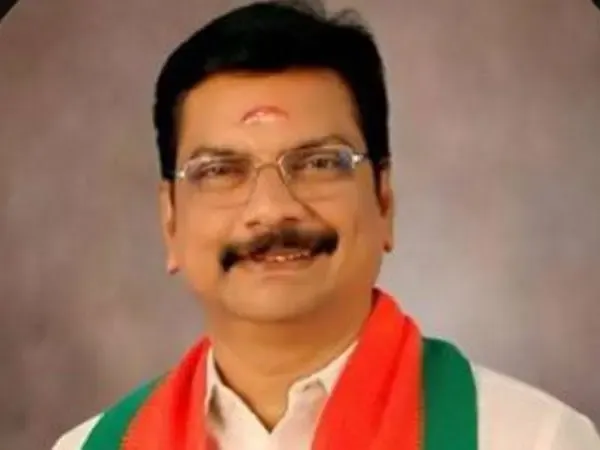
Synopsis
Key Takeaways
- BJP criticizes DMK's governance tactics.
- Allegations of misinformation on census and delimitation.
- Call for dialogue over propaganda.
- Focus on real governance issues in Tamil Nadu.
- Electoral consequences loom for DMK.
Chennai, June 7 (NationPress) A.N.S. Prasad, the spokesperson for Tamil Nadu BJP, has launched a fierce critique of the ruling DMK government. He accused Chief Minister M.K. Stalin and DMK MP Kanimozhi of staging a “census and delimitation drama” aimed at diverting public attention from their administrative shortcomings.
Prasad claimed that the DMK’s actions stem from “frustration, envy, and anger” over the BJP-led NDA's increasing influence in the state, represented by leaders like Prime Minister Narendra Modi, Union Home Minister Amit Shah, and AIADMK's Edappadi K. Palaniswami (EPS). He stated, “The desperation of the DMK is visible. Stalin and Kanimozhi are spreading misinformation on census and delimitation in a bid to manipulate public opinion. These baseless allegations are nothing but a last-ditch attempt to cling to power through theatrics and dynastic politics.”
He urged both Stalin and Kanimozhi to stop making “unfounded allegations” against the central government and to concentrate on the governance issues affecting the state. Prasad remarked, “Tamil Nadu is grappling with a deteriorating law and order situation, rising prices of essential commodities, and administrative dysfunction. The DMK government is using diversionary tactics to mask its failures.”
Furthermore, Prasad dismissed Kanimozhi’s claims against EPS as “unsubstantiated,” asserting that Palaniswami’s criticisms of corruption and dynastic politics within the DMK are valid. He highlighted Union Home Minister Amit Shah’s earlier assurances that the delimitation process would not infringe upon the rights of any state.
“Despite this assurance, the DMK continues to sow confusion among the populace, which is not only misleading but borders on unconstitutional behaviour,” he added. Advocating for responsible governance, Prasad stressed that the constitutional delimitation process should proceed without politicization.
“Any concerns should be addressed through dialogue, not propaganda. Ultimately, the people of Tamil Nadu will assess the DMK’s performance at the ballot box,” he concluded.

